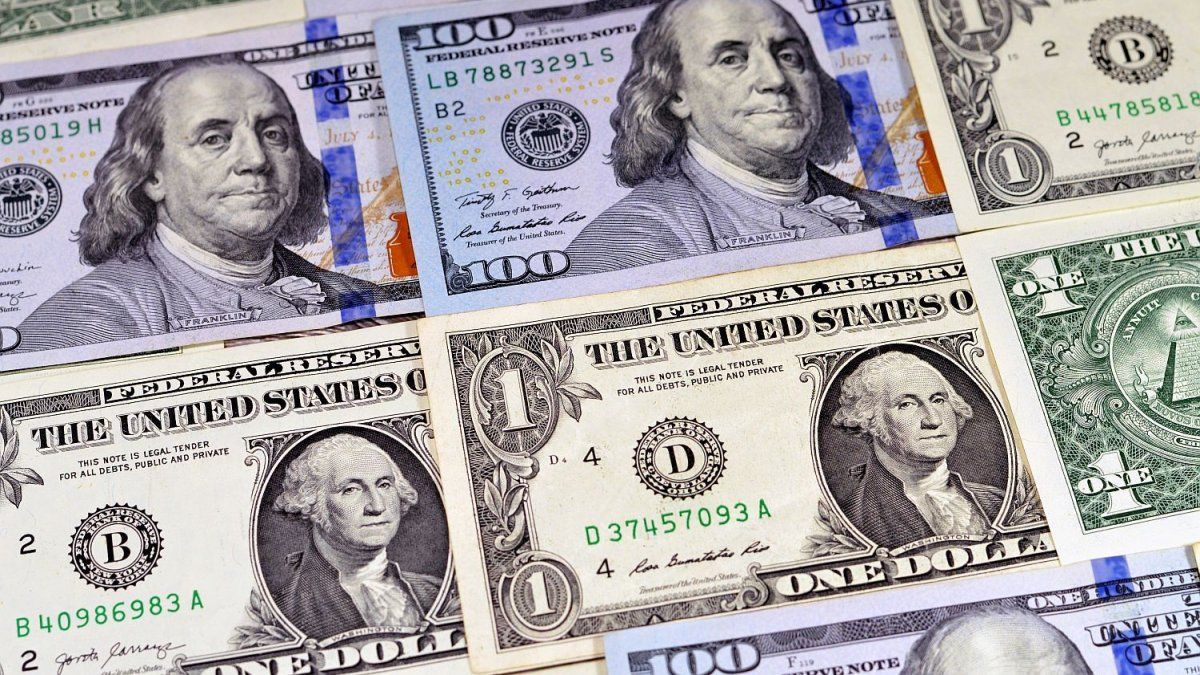The Central Bank of the Argentine Republic (BCRA) announced the extension of the program that allows banks to receive dollars old or slightly damaged for replacement with newer editions.
This measure, which originally expired on December 31, 2024, will be extended until March 31, 2025, with the aim of facilitating savers’ access to updated banknotes and avoiding discounts in the informal market.
How the program works
The mechanism is voluntary for banks and not all entities are required to adhere. However, institutions such as Banco Nación and some provincial banks have already confirmed their participation. Interested savers should check in advance to see if their bank is included in the scheme.
Once deposited, the banknotes are sent by the banks to the BCRA, which is responsible for sending them to the United States Federal Reserve for destruction, then importing new replacement banknotes. This service, which was usually reserved for international banks and associated with costs, will be free for participating entities until the new deadline.
Impact on the informal market
In the parallel market, old bills, known as “small face”, usually suffer discounts of up to 3% of their face valuealthough they are legal tender in the United States. The BCRA program seeks to reduce these losses for savers, who now have an official way to replace their bills without additional costs or arbitrary discounts.
Requirements and recommendations
- Check with the bank: Confirm if the entity participates in the program.
- Ticket deposit: Banknotes deposited must meet the minimum integrity conditions required by the Federal Reserve, such as not having more than 40% damaged or missing.
- Options after deposit: Savers can choose to withdraw new bills or keep dollars in the banking system.
- Tax regularization: Undeclared dollars must be laundered before being deposited.
Context and challenges
The program responds to the historical difficulties of local banks in operating this type of services, which were previously restricted to international entities. In addition, it is part of the economic policies aimed at money laundering and strengthening the Argentine financial system.
With the extension of the term, the BCRA seeks to ensure that more savers can take advantage of this opportunity, while banks adjust their operations to adhere to the scheme. This mechanism not only benefits users, but also local financial entities, by reducing costs and operational barriers to exchange banknotes in poor condition or old.
Source: Ambito




